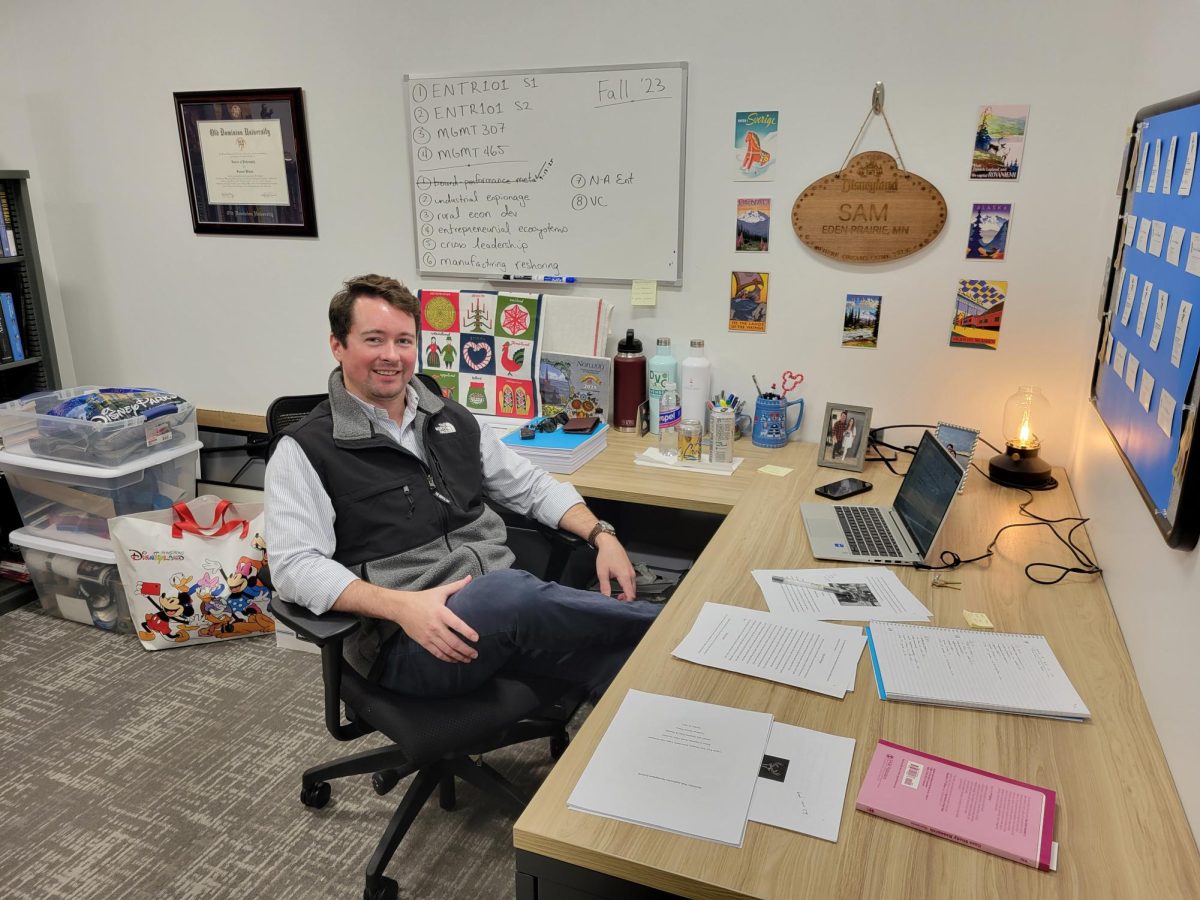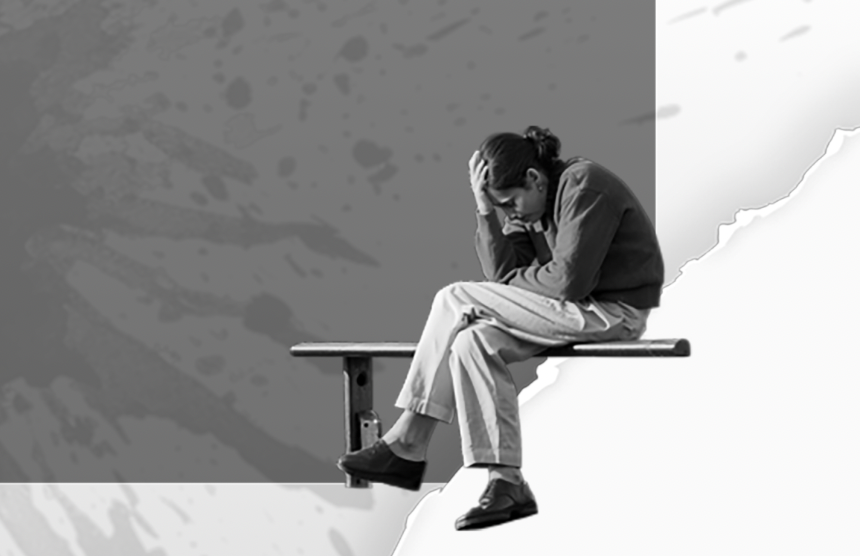A story from the Tack magazine 2025.
Education in the United States is a crossroads. Recent policy shifts, including book bans, DEI (Diversity, Equity, and Inclusion) removals, and budget rollbacks are reshaping classrooms across the country.
On January 20, 2025, President Donald Trump issued an Executive Order titled, “Ending Radical and Wasteful Government DEI Programs and Preferencing,” aiming to eliminate diversity, equity, and inclusion initiatives within the federal government. The following day, he signed another order, “Ending Illegal and Discrimination and Restoring Merit-Based Opportunity,” which furthered the removal of DEI programs and practices across government entities, including the United States Department of Education.
“I guess the first thing that comes into my mind is fearful,” said Assistant Professor of Education Dr. Emma Reeve-Lobaugh, reflecting on environments in colleges without DEI programs.
“What we’re already seeing a lot of is people being really afraid… As places work to… remove their DEI programming… There’s this sense of like, ‘Okay, well, they’ve said that we can’t have this, so how are we going to change it to make it so that we are still doing the things that we believe in,” Dr. Reeve-Lobaugh added.
President Trump has told educational institutions that those continuing to have DEI programs would risk losing federal funding. A factor that may drive educators away from the profession. “I think a lot of people will leave,” she said Dr. Reeve-Lobaugh. “If you’re told that you can’t teach what you know is important, why would you stay?”
Ultimately, Dr. Reeve-Lobaugh believes that higher education needs to return to its core mission. “Our goal is to be a space for students from any background, any student who wants to do it can do it…we want to be a space where we can provide them that knowledge and the skills that they need to have successful careers, successful lives, be successful members of our society. If that’s really what we’re saying our purpose is, then removing DEI programming is the opposite of that,.” Dr. Reeve-Lobaugh added.
One high school teacher, Sandy Mouw, has her own thoughts. “I feel like if you want to be a teacher, you’re going to be a teacher no matter what,” she said Mouw.
Educators are increasingly concerned about the potential impact of federal budget cuts on public schools that continue to support DEI initiatives. This may leave many schools facing difficult decisions regarding staff, programs, and resources. However, on February 21, 2025, a federal district court in Maryland temporarily blocked the enforcement of key provisions of President Trump’s executive orders, adding to uncertainty.
“I’m assuming positions will have to be cut for sure.. What are we going to cut? … You cut things like field trips, you cut things like transportation, you cut programs, like art and music a lot of times get cut. Maybe now in this day and age, people think they don’t need English anymore,” Mouw said.
Despite concerns about the profession’s future, she remains hopeful that educators will find a way forward. “It’s kind of like a big storm that runs through and ruins everything, you still have to rebuild, so you find ways… In the darkest gloomiest times… comes the most ingenious solutions,” Mouw added.
Sophomore education major at BVU, Jane Gonzalez-Yanez, expressed mixed feelings about the future of her chosen field due to policy changes. “Honestly, I feel like if I had been a freshman now, I’d probably change my major or I wouldn’t have decided to be in education, just because of everything… It’s all so terrible,” she said.
The current climate of policies has left her with a sense of discouragement, but she remains dominated by her motivation, “I wanted to be a teacher just because I wanted to help minorities.. I feel like it’s more motivating because if I leave, that’s just one less example for.. people of color.,” Gonzalez-Yanez added.
Some schools, in compliance with President Trump’s executive orders focusing on “gender ideology” and “discriminatory equity ideology,” have begun a review of library books and instructional material. This process has led to the temporary removal of certain titles from school libraries pending an evaluation.
“I don’t like book bans… I understand where some of them come from,” she said, but she believes many bans are politically motivated. “A lot of these [banned books] are classics… like To Kill a Mockingbird, Of Mice and Men… Their reasons are not reasons. We know the reasons and it’s not the ones that they’re giving,” Gonzalez-Yanez added.
The future of education depends on how much society values its teachers and students. The question remains: Will we prioritize education and the needs of students, or will we continue down a path of restriction and division? Only constituents can decide.









